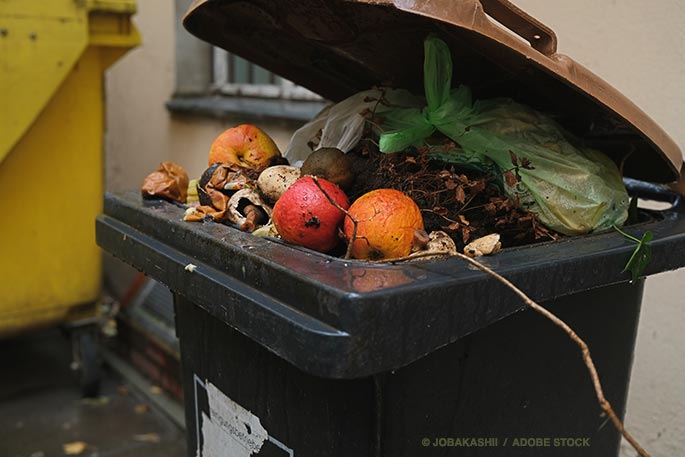
How many heads of lettuce, spoiled cucumbers, blocks of moldy cheese have you thrown out this year? Too many to count, right?
According to the UN Food and Agriculture Organization, greenhouse emissions that equate to 37M cars come from methane produced by rotting foods as well as the energy used to grow the food. Those numbers do not bode well for either our planet or our health.
On a more positive note, most municipalities are well-positioned to tackle the problem since they manage their sanitation procedures. Cities are developing unique approaches to combating these issues. Here are three popular strategies that many municipalities are incorporating.
1) Fees to discourage food waste
Fees on food waste? Yes, says Seoul, South Korea. Seoul has over 6k recycling bins where people can weigh food waste and pay their fees. Seoul is a leader in the food waste recycling arena, recycling 95% of its food waste.
In 2015, Seattle introduced a similar effort. After only a year, though, a judge tossed out the enforcement provision when it was determined unconstitutional for trash collectors to have to search garbage for food waste.
The program, however, introduced good side-effects, such as educational campaigns on smarter shopping, waste reduction and composting, lowering emissions, creating recyclable materials – compost and fertilizer. Landfill waste is at an all-time low of 0.81 pounds/per person/per day.
2) Food waste down – food donations up
In France, supermarkets are required by national law to donate food that is still edible. Some of the larger food chains in the US participate in these types of programs, although it is voluntary. This practice has sharply increased food donations to charities, soup kitchens, etc. and incrementally reduced food waste, creating a win-win situation.
Cities with a high count of grocery stores and restaurants present fantastic opportunities to reduce food waste. NYC’s partnership in a multi-million-dollar composting program, the most extensive application of its kind, is leading the way in cutting down greenhouse gas emissions and setting an aggressive goal of zero waste by 2030. The program works alongside supermarkets and chefs in NYC, turning food scraps into compost.
Additionally, NYC runs a comprehensive online food donation portal where sellers with surplus and buyers come together to find great deals. They sponsor food waste fairs. The city also sponsors waste-reduction challenges that reward successful efforts by supermarkets and restaurants. By cutting commercial food waste by just 5%, they can eliminate approximately 120K metric tons of CO2.
Los Angeles, Denver, and Baltimore have also become involved in this campaign by introducing curbside recycling, expanding their food waste regulations, and helping to raise awareness about food waste reduction.
3) Helping feed those in need
Milan, Italy, is an iconic global leader in the food rescue movement. In 2015, the first year of the program, over 15 tons of food was provided to homeless people and others in need. Chef Massimo Bottura helped found this benevolent campaign. Milan has since written the Milan Urban Food Policy Pact, an international food waste reduction advocacy, leading to Italy’s national government’s passing food waste legislation; 207 cities around the world are now signatory cities.











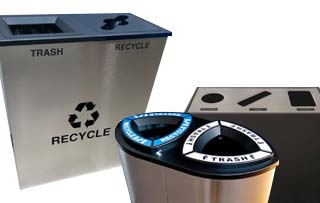









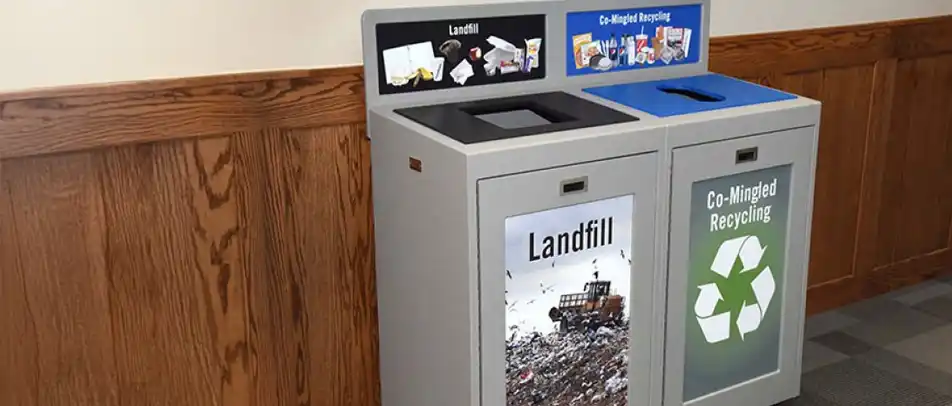










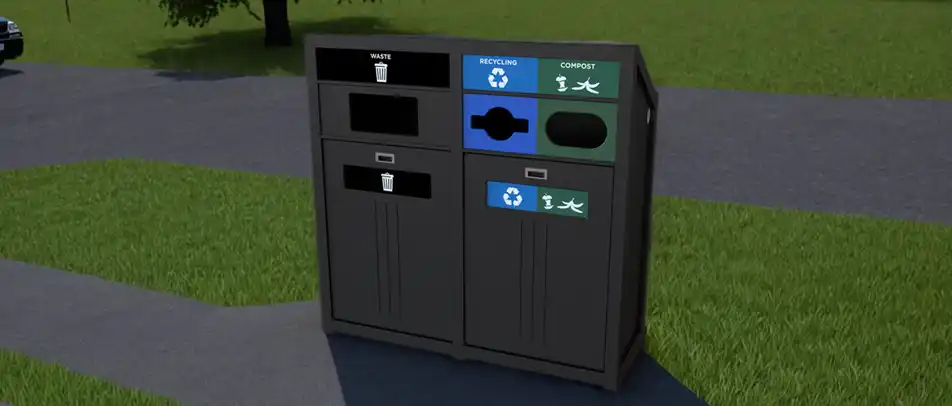












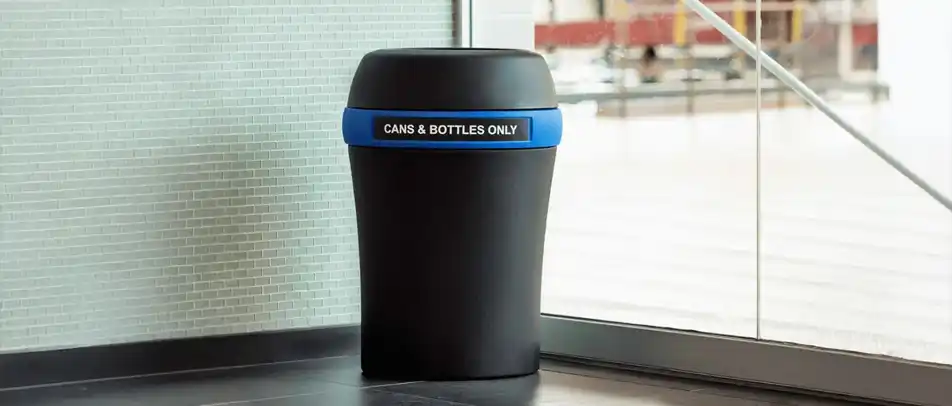









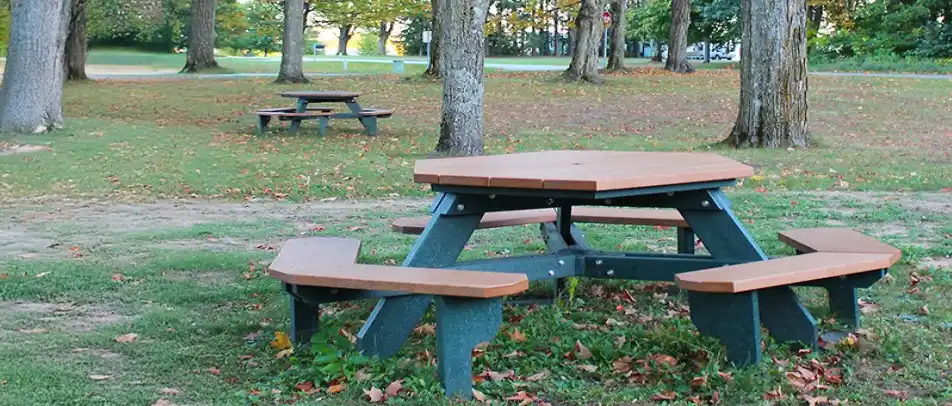
































 Three Ways to Engage Teams and Clients to Maximize Your Recycling Program Engagement
Three Ways to Engage Teams and Clients to Maximize Your Recycling Program Engagement  How to Integrate Accessibility Into Your Sustainability Planning
How to Integrate Accessibility Into Your Sustainability Planning  Why Park Benches Can Promote Workplace Well-Being
Why Park Benches Can Promote Workplace Well-Being 
